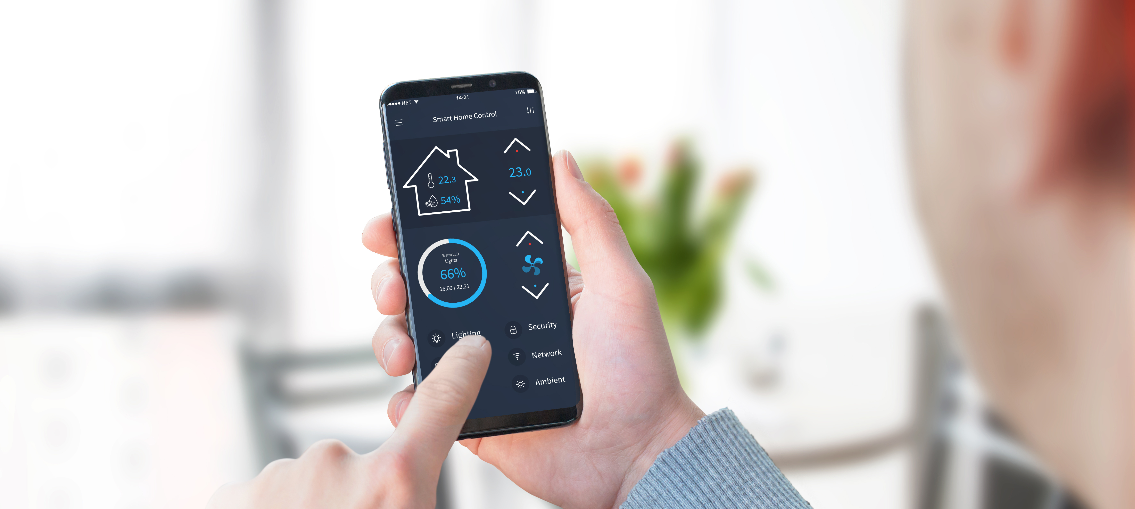As technology continues to evolve, smart home technologies are becoming increasingly prevalent in modern houses. Home inspectors play a crucial role in evaluating a property's condition, and their understanding of smart home technologies is vital to ensure accurate assessments.
That said, here are five smart home technologies that every home inspector should be aware of to evaluate and report on these advanced features effectively.
1. Home Automation Systems
Home automation systems are at the forefront of smart home technology. These systems integrate various devices and appliances, allowing homeowners to control and monitor them remotely. From lighting and thermostats to security systems and entertainment centers, a comprehensive understanding of home automation and familiarity with different protocols, such as Zigbee, Z-Wave, and Wi-Fi, will help inspectors identify and assess the functionality and compatibility of these systems.
2. Voice-Activated Assistants
Voice-activated assistants, such as Amazon Echo with Alexa or Google Home with Google Assistant, have gained immense popularity. These devices respond to voice commands, enabling homeowners to control smart devices, obtain information, play music, and more. Home inspectors should be aware of the presence and functionality of voice-activated assistants, as they can significantly enhance the smart home experience and may require specific setup or integration with other devices.
3. Smart Security Systems
Smart security systems have revolutionized home protection. These systems often include intelligent cameras, motion sensors, door/window sensors, and smart locks. They offer features like real-time video surveillance, mobile notifications, and remote access control. Home inspectors should assess the quality, coverage, and integration of these systems and their compliance with local security standards.
4. Energy Management Solutions
Energy efficiency is a growing concern for homeowners, and smart energy management solutions can help reduce consumption and costs. These solutions may include smart thermostats, energy monitoring devices, and automated lighting controls. Inspectors should evaluate the presence of these technologies, their accuracy, and compatibility with existing infrastructure. Understanding their features, such as scheduling, occupancy sensing, and energy consumption reports, allows inspectors to advise homeowners on optimizing energy efficiency.
5. Smart Water Management
Smart water management technologies are designed to monitor and conserve water usage. These systems can detect leaks, control irrigation schedules, and provide real-time data on water consumption. As water scarcity becomes a significant global issue, home inspectors are doing their best work—both for the industry and our world—when they assess the effectiveness of smart water management technologies in preventing wastage and promoting sustainable water practices.
By being aware of these five smart home technologies, home inspectors can offer homeowners comprehensive evaluations and expert guidance. This knowledge enables them to identify potential issues, assess functionality, and recommend improvements, ultimately contributing to the safety, efficiency, and value of the properties they inspect.


